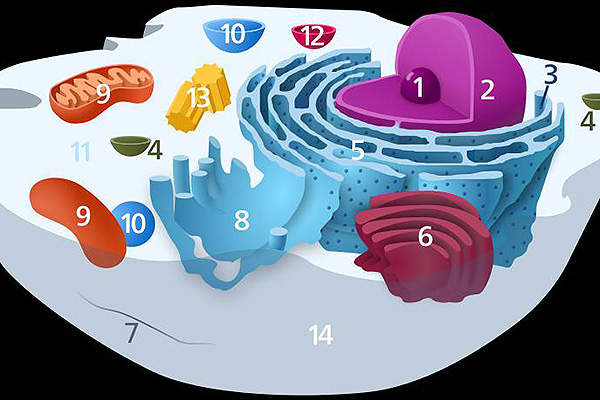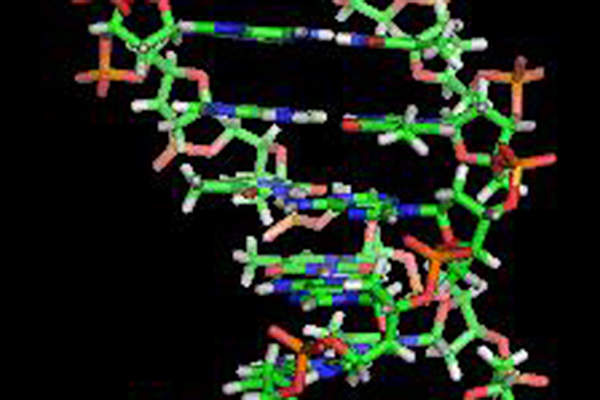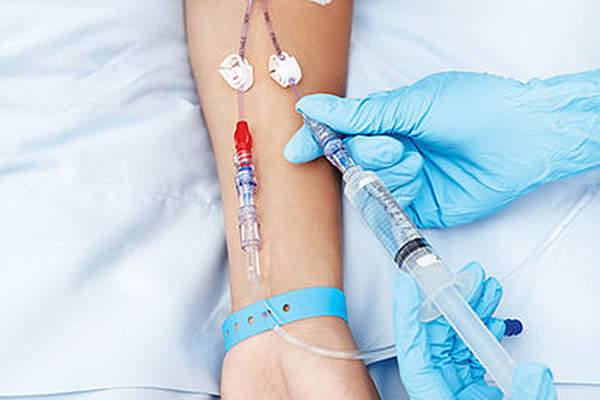Vimizim (elosulfase alfa / BMN 110) is an enzyme replacement therapy (ERT) for treating patients with Morquio A syndrome (MPS IVA). The drug was developed by BioMarin Pharmaceutical and is the first ERT approved for the treatment of Morquio A syndrome.
BioMarin Pharmaceutical received the US food and Drug administration (FDA) approval for treatment of patients with Morquio A syndrome in February 2014. The drug has also obtained orphan drug designation in the US and European Union (EU).
The company has submitted marketing approval applications for the drug in the EU, Brazil, Australia, Canada, and Mexico.
Morquio A syndrome: cause and occurrence
Epanova for Treating Hypertriglyceridemia
The drug reduces triglyceride levels and improves other key lipid parameters.
Morquio A syndrome, also known as Mucopolysaccharidosis IVA, is an inherited lysosomal storage disorder. The disease occurs due to deficiency of an enzyme called N-acetylgalactosamine-6 sulfatase (GALNS) that is necessary for the removal of glycosaminoglycans (GAGs) present in the cells of the body.
The accumulation of GAGs such as keratan sulfate (KS) and chondroitin-6-sulfate (C6S) leads to systemic skeletal dysplasia, short stature, and joint abnormalities limiting mobility, endurance and breathing.
The disease is estimated to affect one in 200,000 to 450,000 live births internationally. It affects approximately 800 patients in the US and 3,000 patients in other parts of the developed world annually.
Vimizim mechanism of action
Vimizim is an enzyme replacement therapy that replaces the deficient lysosomal enzyme N-acetylgalactosamine-6 sulfatase enzyme and improves the keratan sulfate metabolism. It is administered through intravenous infusion.
Phase I/II clinical trials on Vimizim
BioMarin Pharmaceutical conducted a phase/II clinical study on Vimizim between April 2009 and March 2011. It was an open label, non-randomised, single group assignment which enrolled 20 paediatric patients, below five years of age, with Morquio A syndrome (MPS IVA).
The study was initiated to evaluate the safety and efficacy of weekly infusions of Vimizim based on the vital signs, physical examination, and other tests and to determine its pharmacokinetic (PK) and pharmacodynamic (PD) parameters.
BioMarin Pharmaceutical also initiated a phase II open-label, multinational clinical study on Vimizim between November 2011 and January 2014, to evaluate the drug’s safety and efficacy. The study enrolled 15 patients, who were less than five years of age and suffering from Morquio A syndrome. The primary aim of the study was to present a descriptive summary of clinical safety assessments. The secondary aim was to evaluate the change in urinary Keratan Sulfate measures over time, and the change in patient growth over time.
Phase III clinical trials
Safety and efficacy of Vimizim were assessed in a phase III clinical trial conducted between February 2011 and August 2012. It was a randomised, double blind and placebo controlled trial which enrolled 176 patients, ranging in age from five to 57 years, from 28 centres internationally.
The primary endpoint of the study was the change in six-minute walk distance at week 24. The secondary outcome measures included change from baseline in endurance as measured by the three-minute stair-climb test and change from baseline in urine keratan sulfate (KS) levels within a time frame of 24 weeks.
Patients administered with Vimizim weekly infusions at the dose of 2mg/kg walked 22.5m farther in six minutes compared to the patients who received placebo, over a period of 24 weeks. The patients administered with 2mg/kg dose of Vimizim weekly infusions for a further 48 weeks achieved sustained walking. The study continued for 72-weeks in total.
The most common adverse reactions witnessed in Vimizim-administered patients during the clinical trials included pyrexia, vomiting, headache, nausea, abdominal pain, chills, and fatigue.
Marketing commentary
BioMarin Pharmaceutical is a leading biopharmaceutical company headquartered at California. The company produces and markets innovative biopharmaceuticals for severe diseases and medical conditions. The approved product portfolio of the company includes Naglazyme, Aldurazyme, Kuvan, Firdapse, and Vimizim.





